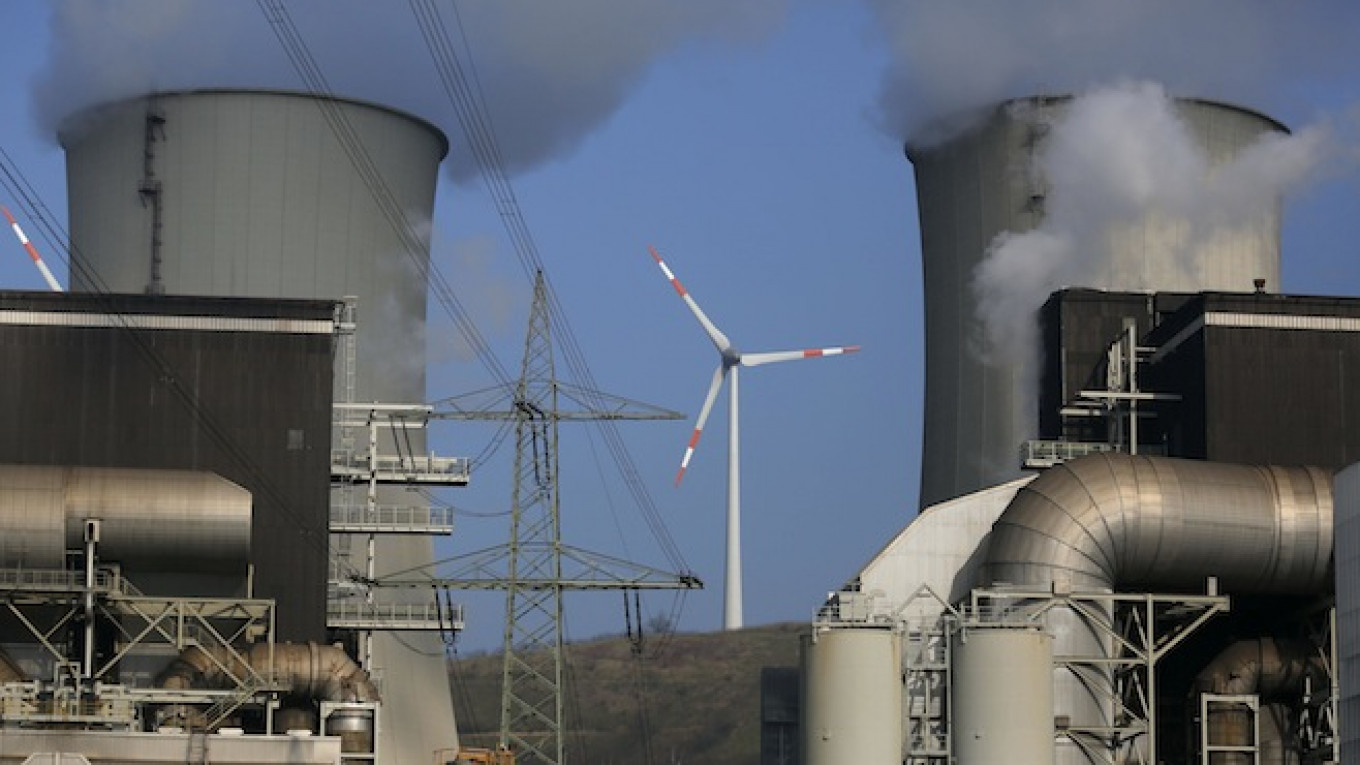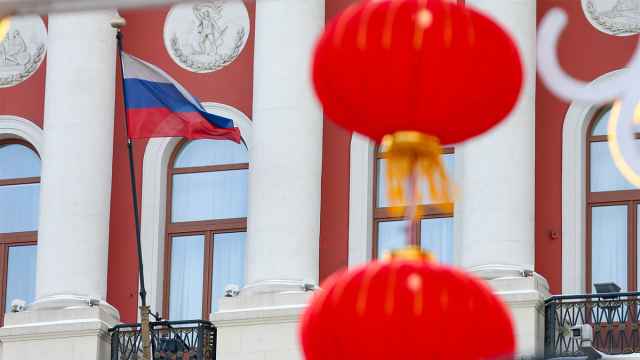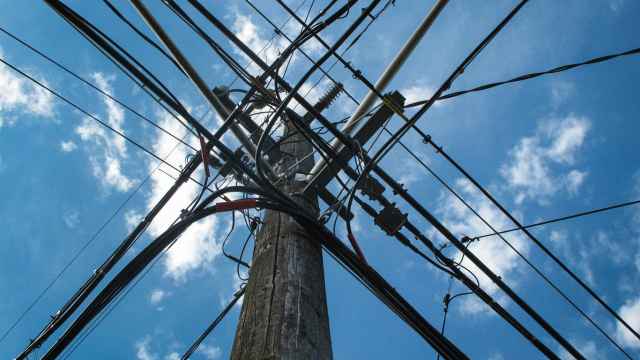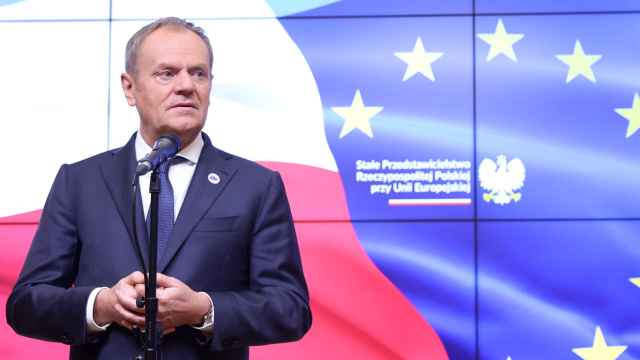FRANKFURT — Germany's biggest utility E.ON posted a 12 percent drop in first-half core profit, hit by a weakening economy in Russia and said it was concerned about the impact of the Ukraine crisis on its most important foreign market.
Tensions between the West and Moscow over its support for separatists in Ukraine have already hurt German companies active in Russia, in sectors including cars and defense.
The Ukraine crisis is the latest blow for E.ON which, like other German utilities, has seen its profits and share price tumble in an energy sector shake-up that has promoted solar and wind generation at the expense of utilities' gas-fired power stations.
Shares in E.ON, whose market value has slumped by nearly three quarters to about 27 billion euros ($36 billion) over the last six years, were up 4.3 percent on Wednesday after group results beat analysts' forecasts.
Earnings before interest, tax, depreciation and amortization, or EBITDA, at E.ON's Russian business declined by a quarter to 268 million euros as a weakening Russian ruble hit profits when converted back to Europe's main currency.
The Russian ruble has fallen 7 percent against the euro so far this year.
E.ON has ties with Russia on several levels. Apart from selling electricity through its Russian unit E.ON Rossiya, it also gets 30-40 percent of its gas from Gazprom and owns a quarter in Yuzhno Russkoye in Siberia, one of the world's largest gas fields.
"We're monitoring the Ukraine crisis with some concern. But we assume that we'll continue to be able to work together successfully with Russian companies," Chief Executive Johannes Teyssen said in a letter to shareholders.
Some analysts see recovery potential for E.ON shares in the second half of the year, provided the company continues to reduce debt and if there is progress in creating a so-called capacity market — government payments to keep essential loss-making power plants running.
Net debt fell to 29.7 billion euros at June 30 from 31.1 billion at the end of March.
"We believe there is the potential for structural change in Germany ... alongside nuclear compensation resolution that will eventually improve E.ON's prospects," RBC Capital Markets analyst John Musk wrote to clients, keeping an "outperform" rating on the stock.
Group EBITDA fell 12 percent to 5.01 billion euros, beating the 4.9 billion average forecast from analysts. Its underlying net income, the main source of its dividend, fell by a fifth to 1.53 billion euros, also beating the 1.49 billion average forecast.
The beat was driven by E.ON's generation unit, where earnings increased by more than a quarter. The company spent less on Germany's nuclear fuel tax, which a German court earlier this year said was violating the law, ordering the government to refund payments made in the past.
E.ON said it expects a third straight year of falling profits. It maintained forecasts for 2014 EBITDA of 8-8.6 billion euros and underlying net income of 1.5-1.9 billion.
A Message from The Moscow Times:
Dear readers,
We are facing unprecedented challenges. Russia's Prosecutor General's Office has designated The Moscow Times as an "undesirable" organization, criminalizing our work and putting our staff at risk of prosecution. This follows our earlier unjust labeling as a "foreign agent."
These actions are direct attempts to silence independent journalism in Russia. The authorities claim our work "discredits the decisions of the Russian leadership." We see things differently: we strive to provide accurate, unbiased reporting on Russia.
We, the journalists of The Moscow Times, refuse to be silenced. But to continue our work, we need your help.
Your support, no matter how small, makes a world of difference. If you can, please support us monthly starting from just $2. It's quick to set up, and every contribution makes a significant impact.
By supporting The Moscow Times, you're defending open, independent journalism in the face of repression. Thank you for standing with us.
Remind me later.






